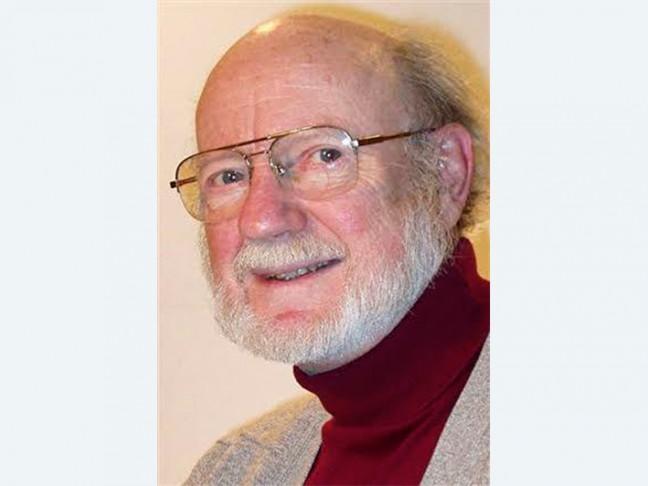University of Wisconsin Alumnus William Campbell will receive the Nobel Prize in Medicine for his critical role in discovering a drug used to treat parasitic diseases in animals and humans.
Campbell discovered Ivermectin after microbiologist Satoshi Omura found the original bacterium in soil in Japan.
UW Professor of Parasitology, Tim Yoshino said Campbell wanted to test the bacteria on parasites, which led him to discover the existence of a chemical compound in the bacterium that was highly potent against gastrointestinal nematode parasites.
The discovery, Yoshino said, led to the development of Ivermectin, which was then used to treat gastrointestinal parasites in horses, cattle and other domestic animals. After this finding, however, Campbell found the drug could also treat humans with river blindness and lymphatic filariasis.
River blindness is a disease in which parasites migrate into the eyes and, through their accumulation over years without treatment, lead to blindness. Yoshino said lymphatic filariasis is a mosquito-borne disease that causes swelling of the lower extremities in those affected.
UW parasitologist Bruce Christensen said pharmaceutical company, Merck, in 2004 had already given away more than 250 million doses of Campbell’s drug. He said it’s more than likely that number has since grown into the billions.
“It’s one of the best anti-parasitic drugs that revolutionized the treatment and control of parasitic diseases in veterinary medicine as well as human medicine,” Christensen said.
This is BIG: UW alum William C. Campbell receives #NobelPrize in Medicine. More: http://t.co/dOjBe22pVe pic.twitter.com/kiXY5Tcr1Z
— UW–Madison (@UWMadison) October 5, 2015
Yoshino said because the drug treats people in tropical countries who are less able to pay for the medicine, Campbell and Merck had many discussions about the distribution of the drug since Merck wouldn’t stand to make any money from its distribution.
After coming to the conclusion to donate the drug to those in need, Merck promised to continue donating the drug until the diseases are eradicated.
“Because of this drug, its development and Bill’s courage and enthusiasm to get this into use in human populations, it has really alleviated the suffering from millions of people throughout the world,” Christensen said.
Christensen said river blindness isn’t fully eradicated around the globe, but in countries like Mexico, the disease is gone. Campbell’s work “tremendously reduced” the prevalence of these diseases, and has made a “huge difference.”
The finding and development of Ivermectin is something, Yoshino said, that has been a long time coming. But, like many Nobel Prize winners, the innovators behind these great discoveries are not realized or appreciated until the outcomes and accomplishments are more widespread.
BREAKING NEWS The 2015 #NobelPrize #Medicine to William C. Campbell @DrewUniversity, Satoshi Ōmura and Youyou Tu pic.twitter.com/qvH9XFZV7I
— The Nobel Prize (@NobelPrize) October 5, 2015
Yoshino, said Campbell’s work has greatly affected those in the poorest of countries.
“In terms of global health, we talk about that as trying to get everyone in the world healthy and being able to have meaningful lives,” Yoshino said. “[Campbell has] made a tremendous impact, and the drugs availability has allowed for millions of people in tropical areas to be free of many of these devastating parasitic diseases.”













